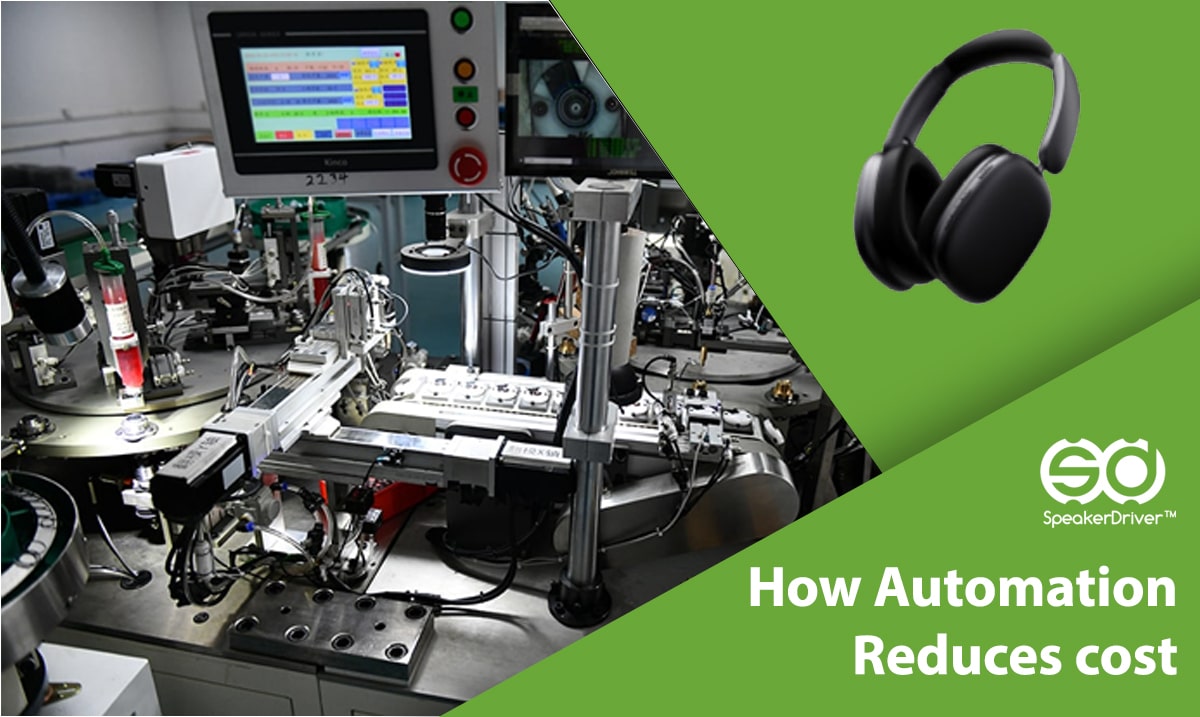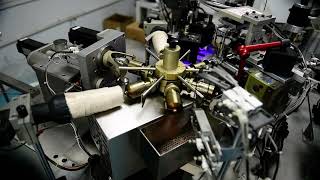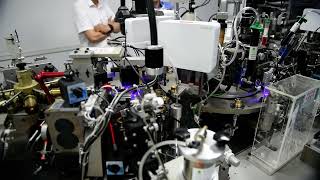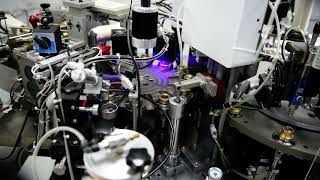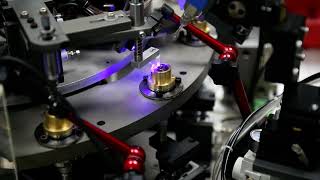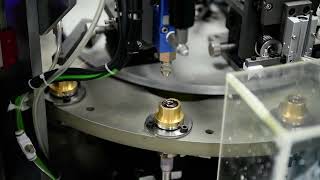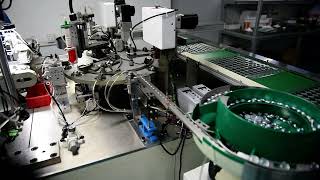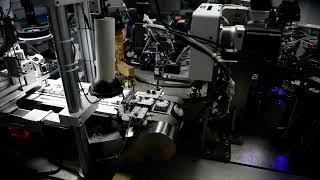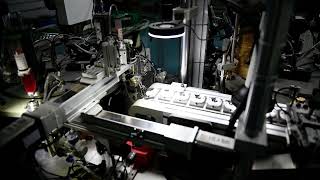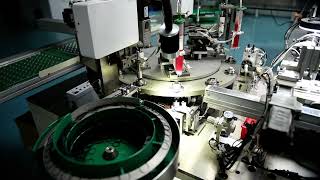What Is the Actual Cost to Manufacture Headphones? How Our Automated Machines Help Reduce Costs
Manufacturing headphones involves a blend of acoustic engineering, industrial design, electronics, and assembly. Whether it's TWS earbuds, neckbands, or over-ear headphones, the cost structure can vary based on components, production scale, and quality standards. Understanding the breakdown of these factors helps brands better plan pricing, sourcing, and profit margins.
1. Core Components That Influence Manufacturing Costs
The largest portion of headphone cost comes from its components. These include:
- Speaker Driver Unit: Costs vary from <$0.20 for generic PET drivers to $3+ for beryllium or hybrid dynamic/armature units.
- Housing & Materials: ABS, aluminum, or resin shells can add $0.10 to $1 depending on aesthetics and precision molding.
- Battery & Charging Circuit: Essential for wireless models; typical cost ranges from $0.50 to $1.20.
- Bluetooth SoC: Varies by codec and functionality (BT5.3, ANC, etc.); ranges from $0.80 to $2.50.
- PCB & Mic Components: Especially critical for ENC/ANC earphones; typically $0.30 to $0.80.
- Packaging: From basic plastic trays to magnetic gift boxes; adds $0.15–$1.00.
2. Labor & Assembly Cost
Manual labor is a significant cost driver in traditional earphone manufacturing. This includes soldering, glueing, sealing, and final assembly. In high-labor countries, this could range from $0.50 to $1.50 per unit. Complex models with multi-driver or metal housing require more human involvement, increasing time and cost.
3. Quality Control & Testing
Rigorous QC procedures like frequency response testing, drop tests, and waterproof tests add to manufacturing costs. Advanced facilities use electroacoustic analyzers and automated inspection lines to detect driver deviation, mic clarity, and signal consistency. Though this step adds around $0.10–$0.30 per unit, it is vital to avoid returns and build brand trust.
4. Tooling and Molds
Initial tooling costs for custom housing and components can run into thousands of dollars. For example, creating a new TWS earbud mold might cost $1,500 to $4,000 depending on complexity. This cost is amortized across production runs, meaning higher volumes significantly reduce per-unit cost.
5. Certifications & Compliance
For brands selling globally, obtaining certifications like CE, FCC, RoHS, and BIS is essential. While the testing fees are paid once, the per-unit cost includes the cost of compliant materials and documentation, adding roughly $0.05–$0.15 per unit depending on markets targeted.
How Our Automated Machines Reduce Manufacturing Costs
At SpeakerDriver™, we leverage advanced automation to reduce dependency on manual labor, improve consistency, and scale production faster. Our in-house automation includes:
- Driver Coil Winding Machines: Speed up precision voice coil fabrication with ±0.01mm accuracy.
- Auto Soldering Stations: Improve solder quality and reduce assembly time by up to 60%.
- Laser Logo Printers: Enable batch customization with near-zero error rates.
- Drop Test Simulators & Frequency Sweep Analyzers: Integrated into the line to catch defects in real time.
Impact on Cost & Output
With automation, we are able to:
- Reduce labor cost by 40% on average.
- Increase production efficiency by 2.5× with fewer errors.
- Enable faster lead times (under 21 days for bulk orders).
This means more consistent quality, quicker delivery, and competitive pricing for your brand — whether you're ordering 1,000 units or 100,000.
Conclusion
The cost to manufacture headphones depends on a combination of components, labor, tooling, testing, and compliance. At SpeakerDriver™, our automated approach minimizes overhead while ensuring high quality. Whether you're a startup brand or global electronics company, our production model helps you scale efficiently and affordably.
Want to reduce your product cost and increase quality at the same time? Our automated headphone assembly is built for it. Contact us today for a custom quote.
